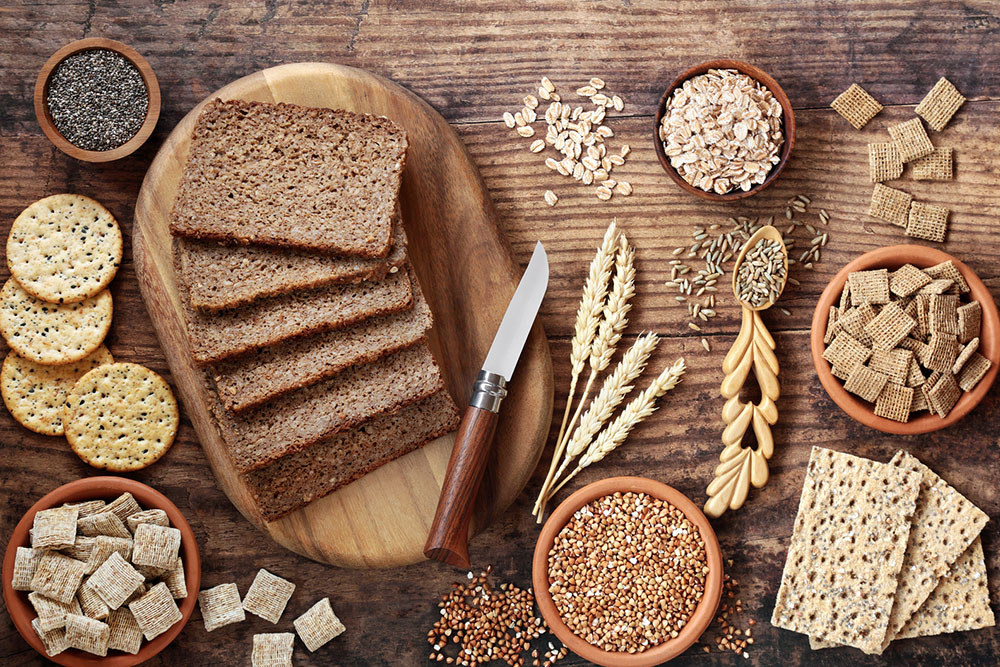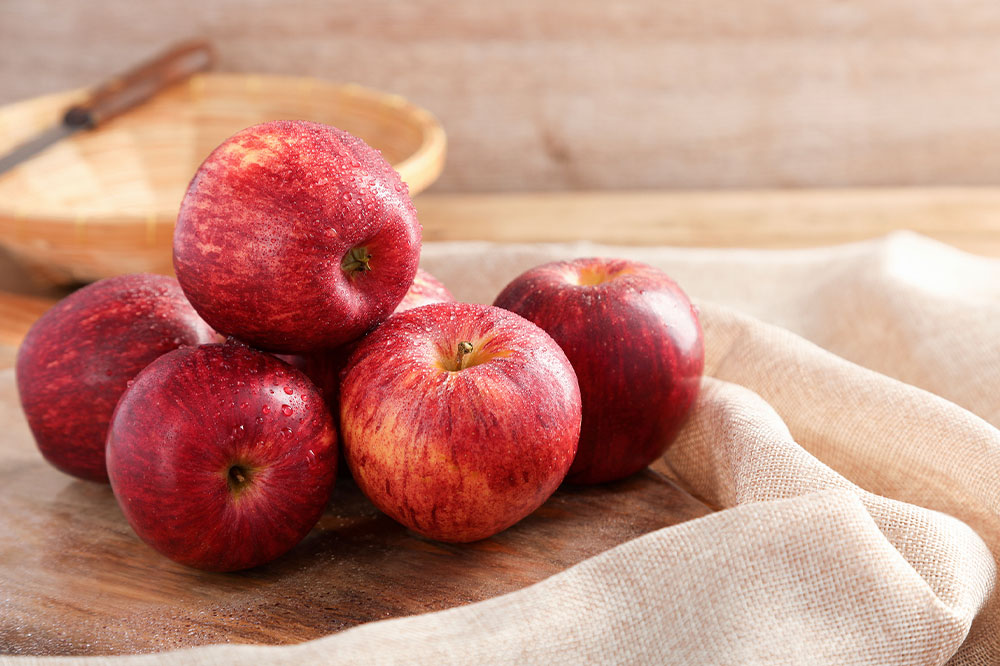8 foods to avoid when dealing with Huntington’s disease

Huntington’s disease (HD) is a rare neurodegenerative disorder characterized by the gradual breakdown of nerve cells in the brain. This degeneration can lead to the deterioration of motor skills and cognitive thinking, also affecting mental health. While there is currently no cure, managing HD’s symptoms can help enhance the quality of life of those affected. A part of management is avoiding certain foods to slow down the progression of the disease and alleviate its symptoms.
Understanding Huntington’s disease
Huntington’s disease is a genetic condition caused by a mutation in the HTT gene. This mutation leads to the production of a faulty protein called huntingtin, which accumulates in the brain, causing damage to nerve cells. As the disease progresses, those with HD experience a wide range of symptoms, including motor dysfunction, cognitive decline, and psychiatric disturbances, affecting their daily lives.
Foods to avoid
Processed foods
Processed foods, such as fast food, packaged snacks, and fried foods, are often high in trans fats. These unhealthy fats have been linked to various health problems, including heart disease and inflammation. In those with HD, inflammation can exacerbate symptoms and cause further damage. So, it is advisable to avoid or limit the intake of processed foods rich in trans fats.
Red meats
High intake of red meat, particularly beef, and processed meats like sausages and bacon should be avoided when dealing with Huntington’s disease. These meats are high in saturated fats, which have been associated with an increased risk of cardiovascular disease and may contribute to inflammation. Foods high in saturated fats may also negatively impact overall health and well-being.
High GI foods
Foods that are high in sugar and have a high glycemic index (GI) can lead to rapid spikes and crashes in blood sugar levels. This can affect energy levels and mood, which are already compromised in those with HD due to the disease’s impact on the brain. High sugar intake can also contribute to other metabolic issues, which should be avoided when dealing with HD.
Salty foods
High levels of salt or sodium found in processed and packaged foods can lead to increased blood pressure and fluid retention. These effects can be especially problematic for those with Huntington’s disease, as high blood pressure can exacerbate cognitive decline and further damage brain cells. So, one should consider reducing sodium intake and opting for fresh, whole foods.
Caffeine and energy drinks
Caffeine, found in coffee, tea, and energy drinks, is a stimulant that can affect the central nervous system. In some individuals with HD, caffeine can worsen anxiety and exacerbate motor symptoms. It may also interfere with sleep patterns, which are already disrupted in many HD patients. Moderation in caffeine consumption is advisable, and it may be best to avoid energy drinks altogether.
Aspartame and artificial sweeteners
Aspartame and other artificial sweeteners are commonly found in sugar-free products. Some studies have suggested that these additives may have neurotoxic effects and could potentially worsen the symptoms of neurodegenerative diseases like HD. While more research is needed, those with the condition can consider limiting their intake of artificial sweeteners.
Fried foods
Fried foods and cooking oils rich in omega-6 fatty acids, such as corn oil and soybean oil, can promote inflammation in the body. Since inflammation can accelerate the progression of HD, it is wise to limit the intake of foods cooked in these oils and instead opt for healthier cooking fats like olive oil, which contains anti-inflammatory properties.
Dairy products
Dairy products, especially full-fat ones, can be high in saturated fats. These fats can contribute to inflammation and exacerbate cognitive and motor symptoms in individuals with Huntington’s disease. It is advisable to choose low-fat or non-dairy alternatives to reduce saturated fat intake while still meeting nutritional needs.
While food alone cannot cure Huntington’s disease, it can play a crucial role in managing symptoms and improving the overall quality of life for individuals affected by this neurodegenerative disorder. A balanced and nutritious meal plan tailored to the unique needs of those with the condition can be a valuable part of their overall care. It is essential for those affected by the disease to consult healthcare professionals who can provide personalized treatment plans, nutritional guidance, and recommendations based on their specific needs.









